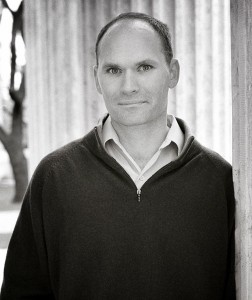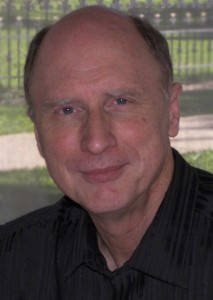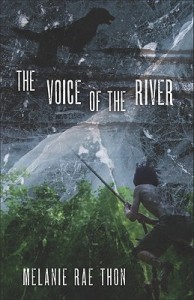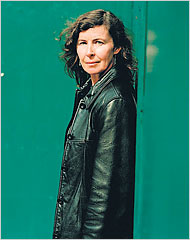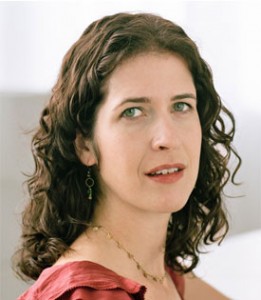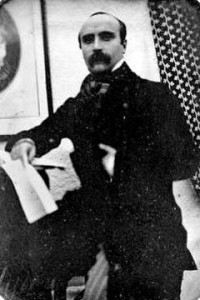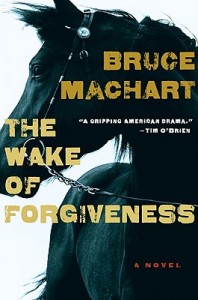Prayer, Inquiry, Memory: An Interview with Anthony Doerr
by Christopher Mohar
From the Archives: Christopher Mohar talks with Anthony Doerr about the politics of writing, the importance of curiosity, the role science plays in his fiction, why he likes the novella as a form, and how we can successfully inhabit characters different from ourselves.

